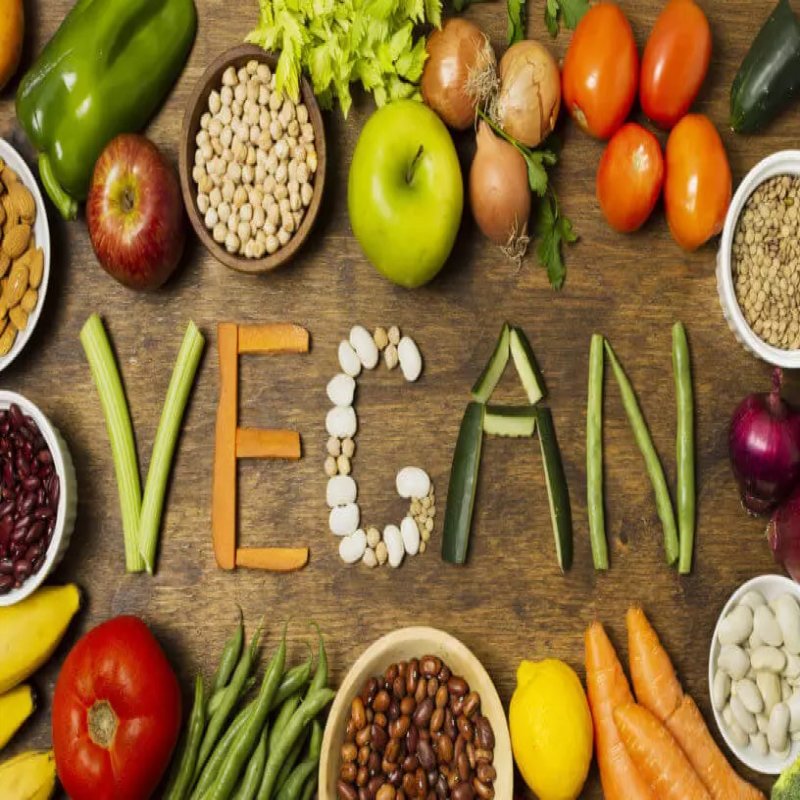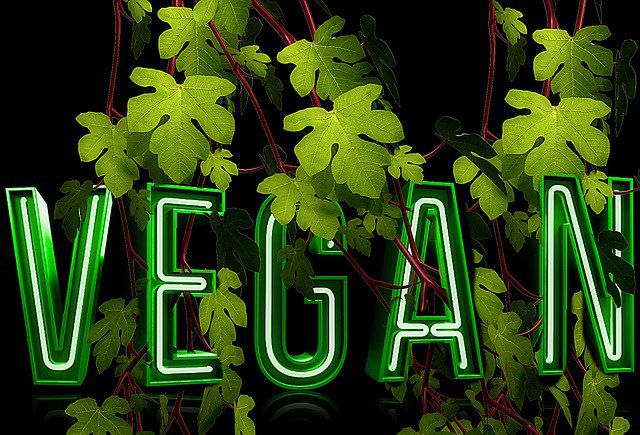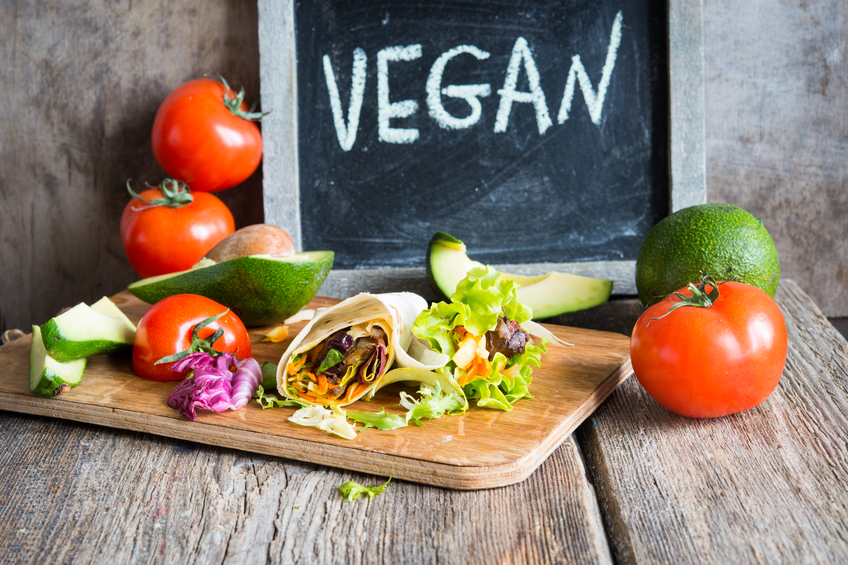
“The problem is that humans have victimized animals to such a degree that they are not even considered victims. They are not even considered at all. They are nothing; they don’t count; they don’t matter. They are commodities like TV sets and cell phones. We have actually turned animals into inanimate objects – sandwiches and shoes.” – Gary Yourofsky (Animal Rights Activist)
I just finished watching the new documentary, “The End of Meat”, produced by filmmaker, Marc Pierschel, who embarks on a journey to discover what effect a post-meat world would have on the Planetary environment, the animals, and ourselves.

The film begins with an overview of the detrimental health impacts that eating animals (meat, fish, dairy, and eggs) has on human health and the disastrous impact it has on the Planetary Environment. The horrendous deforestation and damage to the ‘lungs of the Earth’ that the Amazon Rain Forest represents and the damage done to natural habitats around the world are clearly shown. That is a great and insightful presentation. More emphasis might have been provided on specific and documented science behind the deleterious health claims but the environmental impact was well presented.

The documentary quickly went downhill from there as animal rights became the focal point. It became a pandering, Pollyanna-like, view of living with animals. Going so far as to consider animals co-inhabitants of cities with rights of existence and even going so far as to consider animal occupants as co-inhabitants with a ‘right to live’.
This is great for birds, dogs, cats, squirrels, and other domesticated species that depend on humans for food and shelter; most are incapable of existing in a wild environment (although many cities might be considered wilderness). There is a reason why National Parks prohibit feeding wild animals; they learn to depend on humans and lose their natural ability to survive in their natural habitat. What about the panthers, wolves, coyotes, skunks, and other creatures? Are these to be given free rein to roam the streets; hunting as if in the wild? Something the producers never seemed to consider.

What about the Wild? Mother Nature never seems to fit into the ‘animal rights’ activists’ scheme of things. If goats, sheep, cows, and pigs have rights, what about Nature’s carnivores; those wonders who keep the ecological balance of life on the planet? If these animals have rights, they have the right to perform as nature designed them. Carnivores eat other animals. It’s a fact and shielding other animals from the carnivores disrupts Nature’s balancing mechanisms. This was NEVER mentioned in this film. I wonder why?
Like so many other Pollyanna documentaries, the Full and Honest picture is seldom shown. It is a biased presentation of only one side of the equation.
Is Cultured Meat the Solution?
There is a section of the film, towards the end that presents the new science of cell culturation of those meat, fish, dairy, and egg foods that, in the beginning, were presented as harmful to human health. But somehow culturing the same flesh, purported to be dangerous, becomes benign if brewed in vats? In the beginning, it was presented that eating animals was a leading cause of many of the Planet’s diseases; Lifestyle Diseases.
But at the end of the film, it seems that eating cultured meat, dairy, and eggs was now somehow OK; as long as you didn’t kill an animal to obtain it. Frankly, it just does Not Compute.

Cultured meat, like the many meat alternatives shown, is still highly processed and contains chemical ingredients that may not be that healthy. The process of growing 'meat' in a vat was not explored but presented as somehow benign, but they never delved into the energy consumption needed, the amount of water consumed, or the resources required to bring these new products to market.
They came full circle, starting out documenting how bad eating animals was and how damaging this practice was for the planet. They even went into how many lives would be saved if the planet went vegan (that point was very interesting). Now they seem to believe that culturing this same flesh artificially would be OK now?
Nope, I just don’t buy it. Not one little bit.
Conclusion
As a Whole Foods Plant-Based Lifestyle Advocate, I do concur that the environmental deleterious aspects caused by cultivating animals for the food presented in the film are truly devastating to the planet as well as humanity’s health. I cannot accept the concept that animals designed to roam in the wild should be considered the same as domesticated animals (dogs, cats, and birds).
Animal sanctuaries that harbor animals from cruelty are fine for those creatures who no longer know how to survive on their own, but for most, we must realize and accept that animals are designed to survive in a non-human, wild environment where predators eat the weak, slow, and old and the strong survive. It is the Law of Nature, and human interference is just as bad in that scenario as is the cultivation of animals and the pollution, deforestation, and devastation it has caused.

Before I end this, I must admit that humans have been meat eaters for a very long time and might be considered predators at the very top of the planetary food chain. But at the same time, animals have not been the primary food source for many, and in many cultures, meat, if consumed, is more of a condiment than the primary meal component, as it is in most American homes today.
The Standard American Deadly Diet is the one that dominates our landscape today, but it may be the very reason we are so sick. There is a revolution in dietary habits in America and elsewhere. This revolution, I believe, is one that is driven more by health concerns than it may be from an animal rights perspective.


.png)


